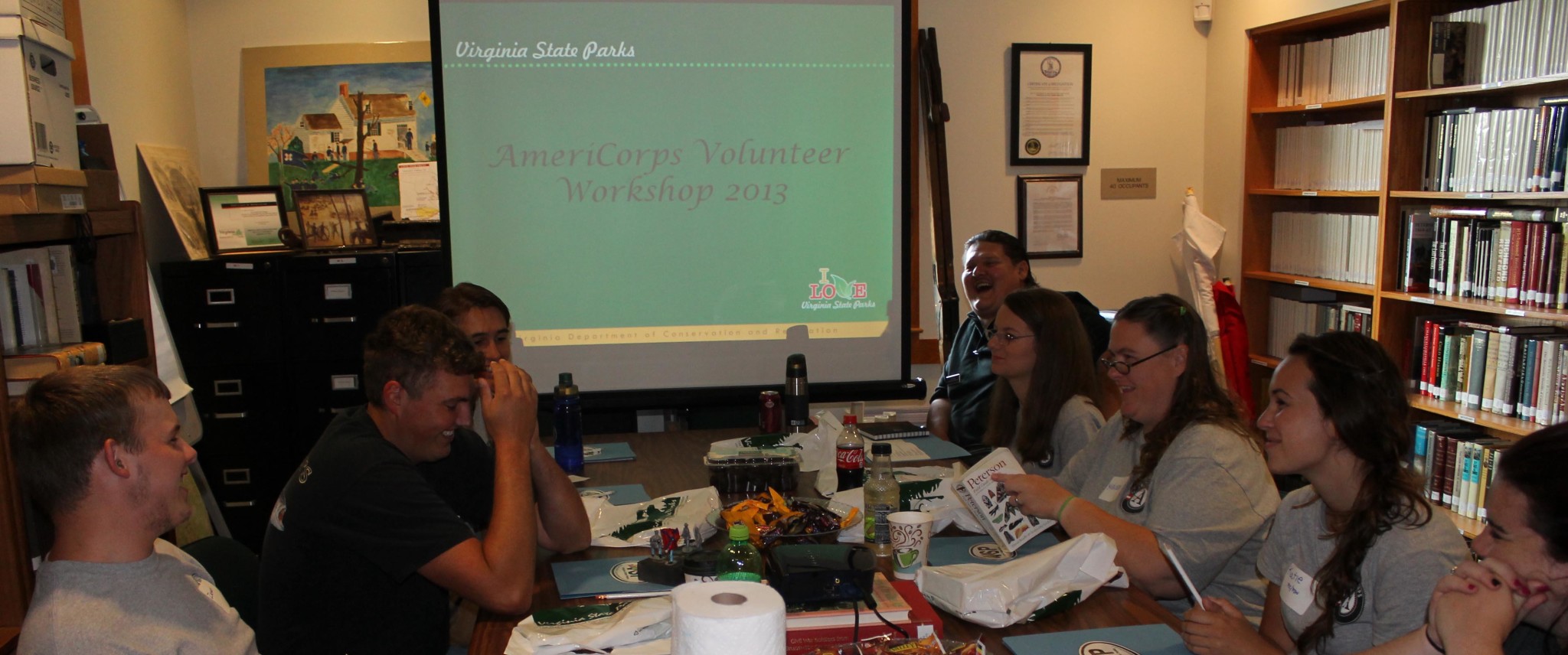The College of William and Mary is among the top medium-sized schools contributing to the 2014 Teach for America corps, with 18 new corps members. In fact, the College is number 17 in the nation, tangled amongst Ivies like Yale University and Brown University.
I am sure this list was meant to be an honor for the College; how prestigious it is to send a whole new batch of inexperienced teachers into the workforce. What an honor it is to provide the urban education system with 18 young professionals, fresh out of college with non-education majors and a solid month and a half of teacher training. How proud we are to help a crippling education system in need of reform!
Teach for America has noble goals, of course. Who wouldn’t support an organization that seeks to advocate for and help under-resourced urban (and often rural) public education? A non-profit organization under the auspices of AmeriCorps and the Corporation for National and Community Service, TFA proposes to do just that by employing recent college graduates as teachers in our country’s highest-need schools. Each year, 5,300 new corps members agree to enter the education workforce for two years, prepped with minimal training and a mere bachelor’s degree.
This is problematic for several reasons. Above all, high-risk schools and their students deserve the best teachers our country has to offer. High-need students must receive support from experienced, dedicated teachers. Teach for America, however, provides them with recent college graduates, many of whom have little to no experience working with high-need children. What’s more, a school is often more likely to hire a TFA corps member than a seasoned educator because their lack of experience also equates to lower pay.
As someone who spent ten hours a day in an underserved D.C. elementary school for a year of her life, let me tell you this: A four-year degree cannot prepare you to be an urban teacher. In fact, nothing can prepare you for urban teaching except for actually teaching in an urban school. The kinds of lessons learned from experience cannot be taught in the six short weeks before the school year starts — they can only be learned by tirelessly and continually working with students.
TFA teachers would be incredibly prepared for the classroom if they were first exposed as tutors or mentors, spending months or even years in preparation for running their own classroom. Four years in Williamsburg cannot prepare you for urban teaching, even if you spend hours at Matthew Whaley Elementary School each week. This experience will not directly translate in an urban setting. Students in urban schools face different obstacles in their education, especially compared to their high-income, low-poverty counterparts in areas like Williamsburg.
Furthermore, Teach for America should not simply be a back-up plan for graduation, as it often is for these 5,300 corps members. According to a 2011 Education Week study, only 43.6 percent of Teach for America corps members continue to teach in their initial placements after two years, and 14.8 percent continue to teach in the same low-income schools after five years. The last thing these students need is teachers who will abandon them when a new job comes along; teacher retention is lowest in urban, low-income areas, and this amount of turnover further contributes to the unpredictability and instability of low-income students’ lives. After all, urban teaching is not a gateway to bigger and better jobs, but a vocation to serve the children who are constantly forgotten by a nation and government that should do everything in their power to help them. As a teacher, one has the opportunity to mold young minds and shape lives, particularly in an urban school where there may not be enough molding and shaping at home. These schools need dedication — and more importantly, these students need you. And they need teachers who are trained and experienced, ready to give them the education they deserve.
My advice to the aspiring teachers at the College? Get into urban education, but do it the hard way. Do it because you want to — because you care and want to partake in the most important and unappreciated profession in the nation. But, please, for the love of the children — do not do it with Teach for America.
Email K.J. Moran at kjmoran@email.wm.edu.






























[…] board of the Daily Tarheel. Students from the College of William and Mary told Teach for America: You can’t fast-track teaching. A University of Houston senior wrote Teach for America is the wrong path to education reform. […]